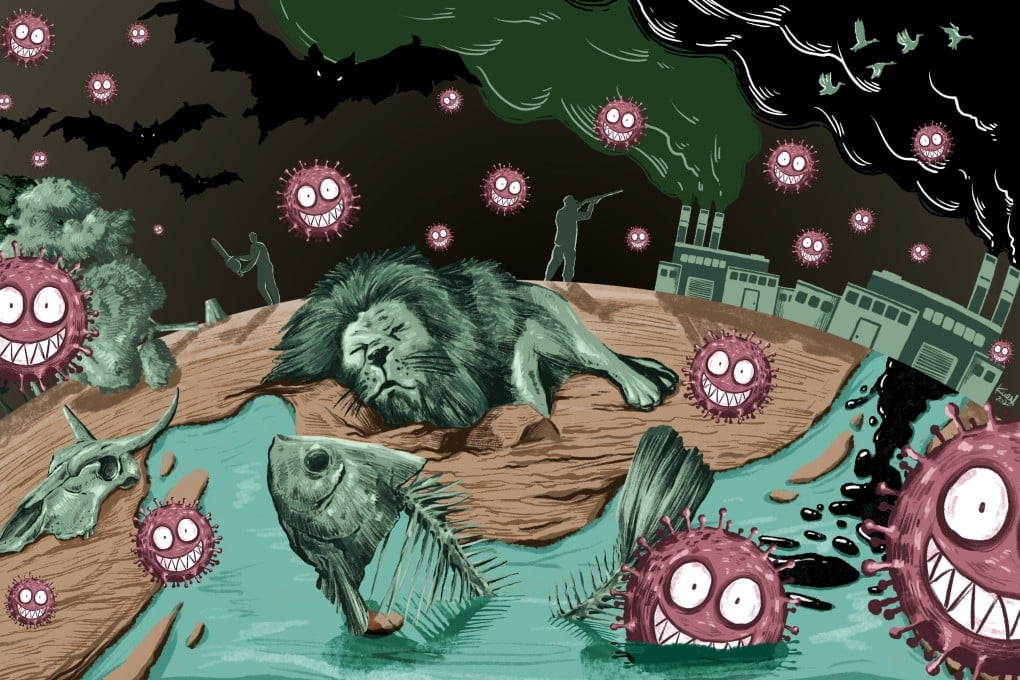One virus caused Covid-19. Scientists say thousands more are in waiting
- Coronavirus has forced changes on all levels of society, and shown how being able to ship goods and people around the world in 24 hours helps viruses spread
- The second part of our series on lessons learned from the pandemic looks at the importance of identifying new viruses and the risks of them infecting humans

Medical science is fighting back with the tools it has and building new defences, but the evidence suggests the three viruses behind these diseases are just the vanguard of an army of potential pathogens that may number in the thousands.
That such a large pool of viruses exists in so-called animal reservoirs is not a surprise to scientists and researchers who study them. But the concern is that evolving human behaviour, both social and economic, is increasingly bumping up against this army in animal habitats.
Experts say that is a result of massive deforestation and expansion of farmland to supply food and other commodities to a human population that has more than doubled to 7.7 billion from 3 billion in the 1960s.
The friction caused is among the factors allowing infectious diseases to emerge at a faster pace in human populations, according to the World Health Organisation (WHO), including the 21st century’s three major coronavirus killers so far: Sars-CoV, Mers-CoV and Sars-CoV-2.
Although most of these new pathogens come from animals, according to the WHO, the disease epidemics that follow are the result of a complex web of human infrastructure and globe-spanning transport networks. These are what quickly sweep a virus far beyond the forest, farm or community where it first jumped from animal to person, experts say.